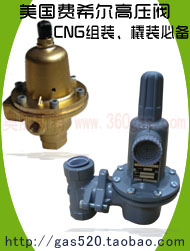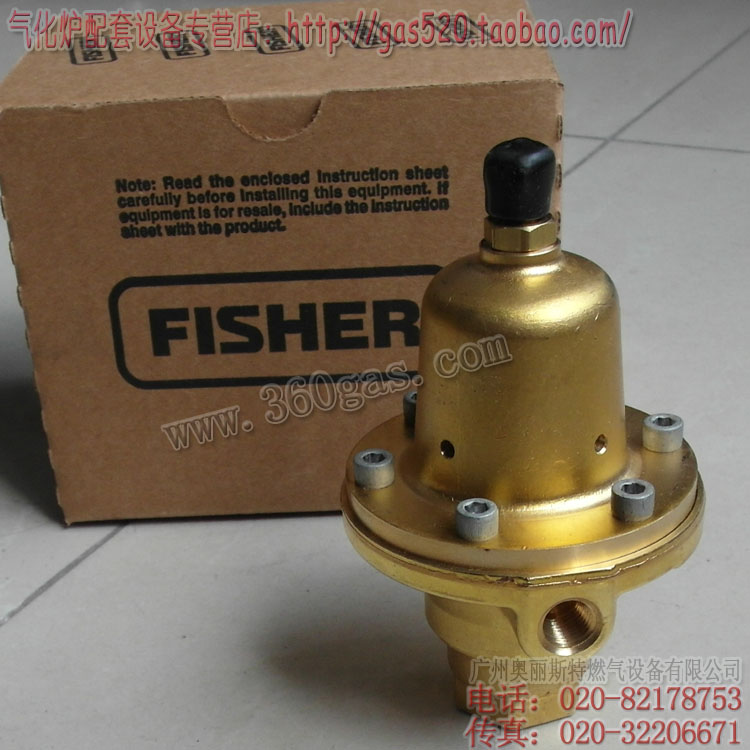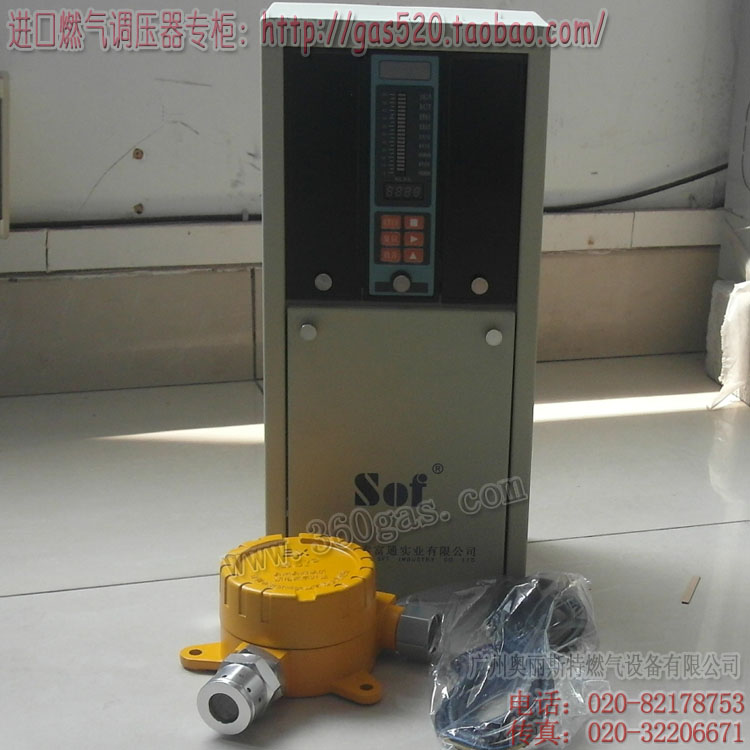位置:首页 > 燃气资讯 > PGW Starts NGV Fle
PGW Starts NGV Fleet with 24 Honda Civics
浏览次数 712 , 日期 2014-07-02 , 燃气设备 加入收藏
Philadelphia Gas Works’ (PGW), along with Department of Environmental Protection (DEP) Secretary E. Christopher Abruzzo, introduced its new fleet of 24 compressed natural gas (CNG) -powered Honda Civic sedans last week. At the event, PGW was joined by energy and fleet operations experts, customers and leaders in the drive to develop Philadelphia’s Natural Gas Vehicles (NGVs) market.进口燃气设备专营
“I would like to congratulate PGW for making this decision to use compressed natural gas, an abundant, affordable, clean-burning, domestic fuel that is helping to put Pennsylvania and this country on a path to energy independence,” Department of Environmental Protection Secretary E. Christopher Abruzzo
said.
The 1798cc in-line 4-cylinder engine of the 2014 Civic Natural gas produces 110 hp @ 6500 rpm and torque of 106 lb ft (143.7 N-m) @ 4300 rpm.
As a natural gas distributor and a fleet operator, PGW is committed to supporting the introduction of natural gas technologies that benefit customers and the City. With CNG-powered vehicles, those benefits include savings by using cheaper natural gas, reducing harmful emissions by switching to a greener fuel and
increasing fuel independence by harnessing domestic sources. These compelling benefits are why NGVs are increasingly seen as an important market opportunity, and why Philadelphia will soon host southeastern Pennsylvania’s eleventh CNG fueling station.
“PGW has a responsibility to bring energy efficient solutions to the City of Philadelphia,” said PGW President & CEO Craig White. “Investing in Natural Gas Vehicles demonstrates our commitment to growing the natural gas market for Philadelphia. A vibrant NGV market not only increases savings for PGW and its customers, it also has the potential to bring new jobs to the region and more revenue to the City, while reducing harmful emissions and urban smog.”
Philadelphia Gas Works’ fleet of NGVs will:
reduce vehicle reduce emissions of the most harmful pollutants, as well as of carbon monoxide, by more than 90%;
emit 13 to 21 percent fewer greenhouse gases than comparable gasoline and diesel vehicles;
Natural gas costs $1.50 to $2 less per gasoline gallon equivalent, so it’s cheaper at the pump.
In 2013, the DEP awarded $10 million in grants through its Alternative Fuels Incentive Grant (AFIG) program. PGW received $240,000 from the AFIG program.
Today, there are nearly 142,000 NGVs traveling America’s roadways. Fleet operators and municipalities stand to benefit from the abundant domestic supply of natural gas (forecasted to last for more than 100 years), a well-established and extensive natural gas infrastructure (300,000 miles of pipeline), and a variety
of available NGV grants.
“I would like to congratulate PGW for making this decision to use compressed natural gas, an abundant, affordable, clean-burning, domestic fuel that is helping to put Pennsylvania and this country on a path to energy independence,” Department of Environmental Protection Secretary E. Christopher Abruzzo
said.
The 1798cc in-line 4-cylinder engine of the 2014 Civic Natural gas produces 110 hp @ 6500 rpm and torque of 106 lb ft (143.7 N-m) @ 4300 rpm.
As a natural gas distributor and a fleet operator, PGW is committed to supporting the introduction of natural gas technologies that benefit customers and the City. With CNG-powered vehicles, those benefits include savings by using cheaper natural gas, reducing harmful emissions by switching to a greener fuel and
increasing fuel independence by harnessing domestic sources. These compelling benefits are why NGVs are increasingly seen as an important market opportunity, and why Philadelphia will soon host southeastern Pennsylvania’s eleventh CNG fueling station.
“PGW has a responsibility to bring energy efficient solutions to the City of Philadelphia,” said PGW President & CEO Craig White. “Investing in Natural Gas Vehicles demonstrates our commitment to growing the natural gas market for Philadelphia. A vibrant NGV market not only increases savings for PGW and its customers, it also has the potential to bring new jobs to the region and more revenue to the City, while reducing harmful emissions and urban smog.”
Philadelphia Gas Works’ fleet of NGVs will:
reduce vehicle reduce emissions of the most harmful pollutants, as well as of carbon monoxide, by more than 90%;
emit 13 to 21 percent fewer greenhouse gases than comparable gasoline and diesel vehicles;
Natural gas costs $1.50 to $2 less per gasoline gallon equivalent, so it’s cheaper at the pump.
In 2013, the DEP awarded $10 million in grants through its Alternative Fuels Incentive Grant (AFIG) program. PGW received $240,000 from the AFIG program.
Today, there are nearly 142,000 NGVs traveling America’s roadways. Fleet operators and municipalities stand to benefit from the abundant domestic supply of natural gas (forecasted to last for more than 100 years), a well-established and extensive natural gas infrastructure (300,000 miles of pipeline), and a variety
of available NGV grants.








